For many countries, technology such as smartphone applications is becoming a vital tool for emerging out of the coronavirus lockdown. However, like many online applications, they do come with some restrictions in the form of privacy and civil rights threats, which can have a long-lasting effect, even after the crisis has passed. With this in mind, apps have proved to be a central response to the threat of the virus. As soon as the pandemic began to escalate, authorities turned to the aid of technology by instantly using it to track how the virus spread between people. Technology allowed them to trace infected people and how they may have spread it on to others.
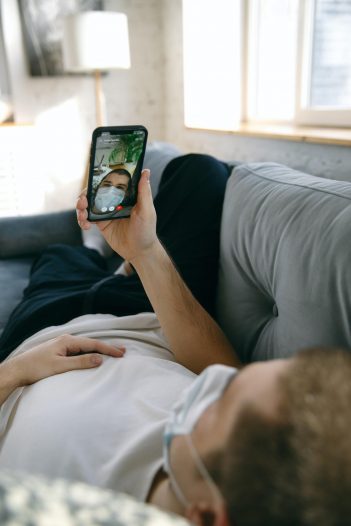
As the restrictions ease and people go back out into society, there will be a greater need for technology such as apps as they will help coordinate the response to the virus and help ease the spread of it to prevent phase two. Several apps are already being used around the world to help prevent the spread of the virus, allowing users to see if they have come into contact with someone who has the virus and how far they are from a person with the virus. There are also talks about virtual immunity passports that will allow people to go outside with anonymous trackers that would help alert people of the presence of a person with the virus, like the apps. For all of these ideas to work in harmony together and to gain their full benefits, our normal everyday lives will need to be governed by technology working on multiple networks.
For this to work and for apps to be able to anonymously alert users of coming into contact with suspected covid-19 patients, the solutions will require access to mass amounts of personal data. This includes details such as location, history of their health, and making connections between the relationships they share with people and their health histories to trace the spread successfully. And so, using apps is a great option, but they do also bring with them their own restrictions. The world would need to choose between their own privacy of data and the speed they want to return to normal. It will be a choice between the protection of personal information and the efficiency of technology.
As the virus continues to spread, the attention has shifted from monitoring individual people to tracking patterns in the population. This is evident from the social distancing advice that has been implemented by governments. However, the more lasting effects will come at a later stage and will force authorities to enforce more long term rules for people to follow when emerging from lockdown, which will most definitely need the use of apps.
It is during this time that technology could prove central and will give people a little sense of normality back in their lives by allowing them to leave their homes. Authorities will be able to track movement and enforce restrictions. Technology like this has already shown positive signs in countries such as South Korea after reducing lockdown measures. By using technology with smartphones like the latest Samsung handset, they were able to bounce back from lockdown more quickly and with relatively little reinfection, which is ultimately the end goal.
But, there are also significant factors to consider when implementing technology that can closely monitor people and their movements. Human Rights groups may warn that implementing technology of this level can extend long into the future and lead to power-grabbing from governments, forcing the world into increased surveillance and less privacy than before. The fight for freedom and personal privacy will be a battle, and the wave of surveillance expected to allow apps to guard populations against the virus will be considered unprecedented.
Some researchers have also argued that abuse of power during this time could actually lead to problems in fighting the virus altogether. Populations of people may begin to lose faith in their governments and authorities as they feel an increased misuse of their personal information and data, which will damage the efforts of fighting off the virus and cause people to rebel.
Although many will fight against technology, there’s no doubt that implementing some level of technology will aid governments and people of countries to navigate safely, slowing the spread of the virus and ending lockdown. A proposed solution being used in countries such as China and Russia monitors people with covid-19 via their smartphones. It is used as a tool to see who they come into contact with via Bluetooth connections. As the world slowly recovers from the pandemic, only time will tell what technology and solutions work the best in the fight against coronavirus.
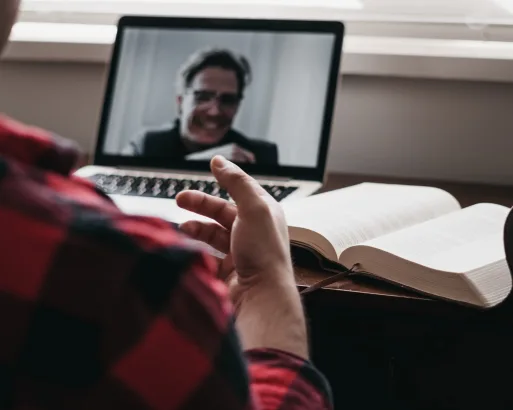
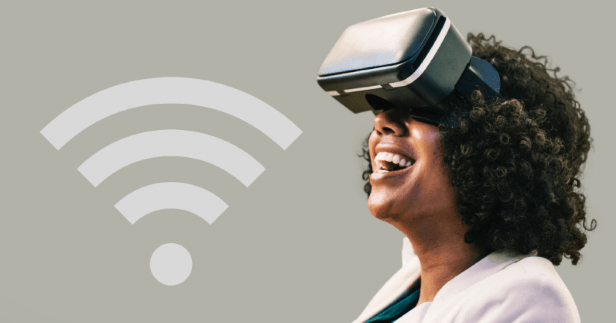
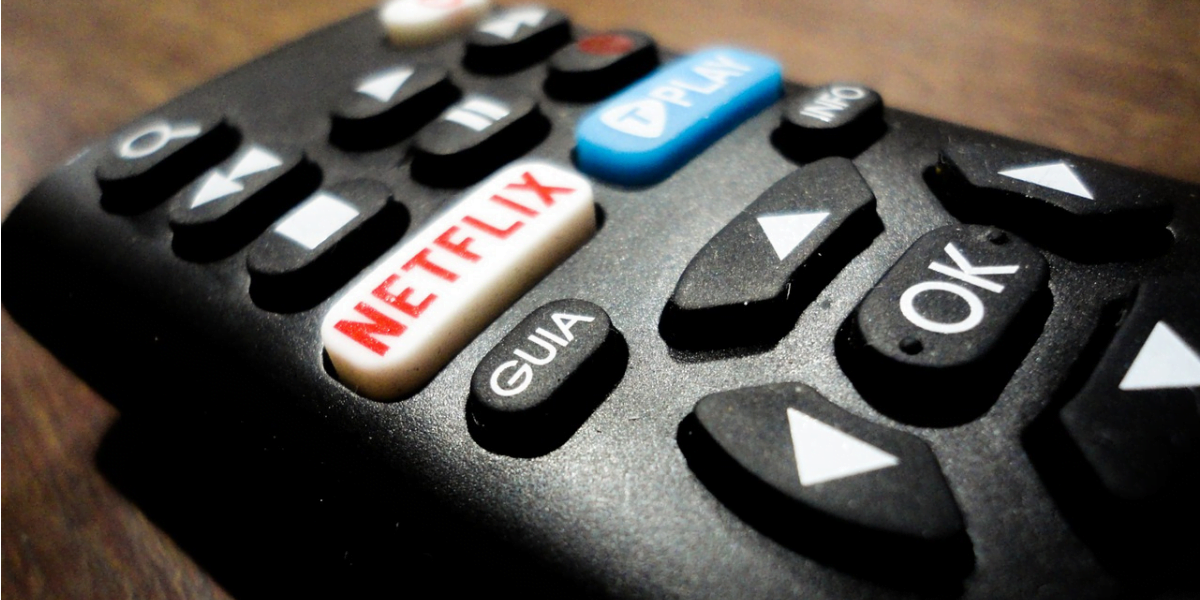
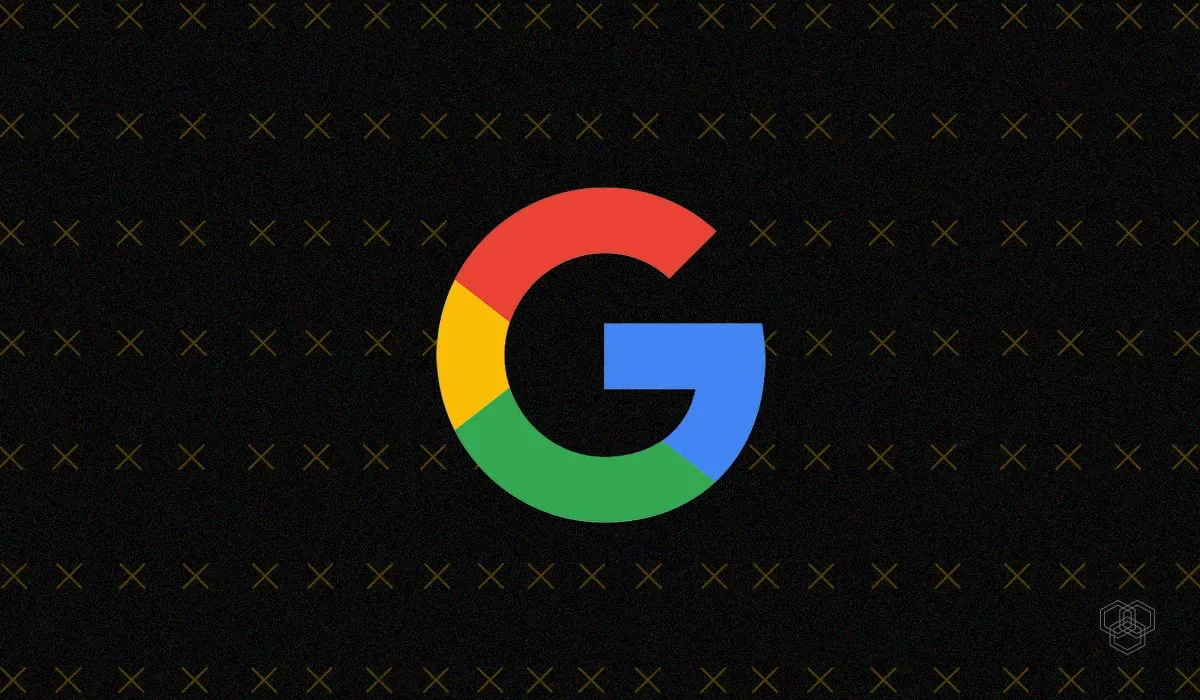

Share Your Thoughts